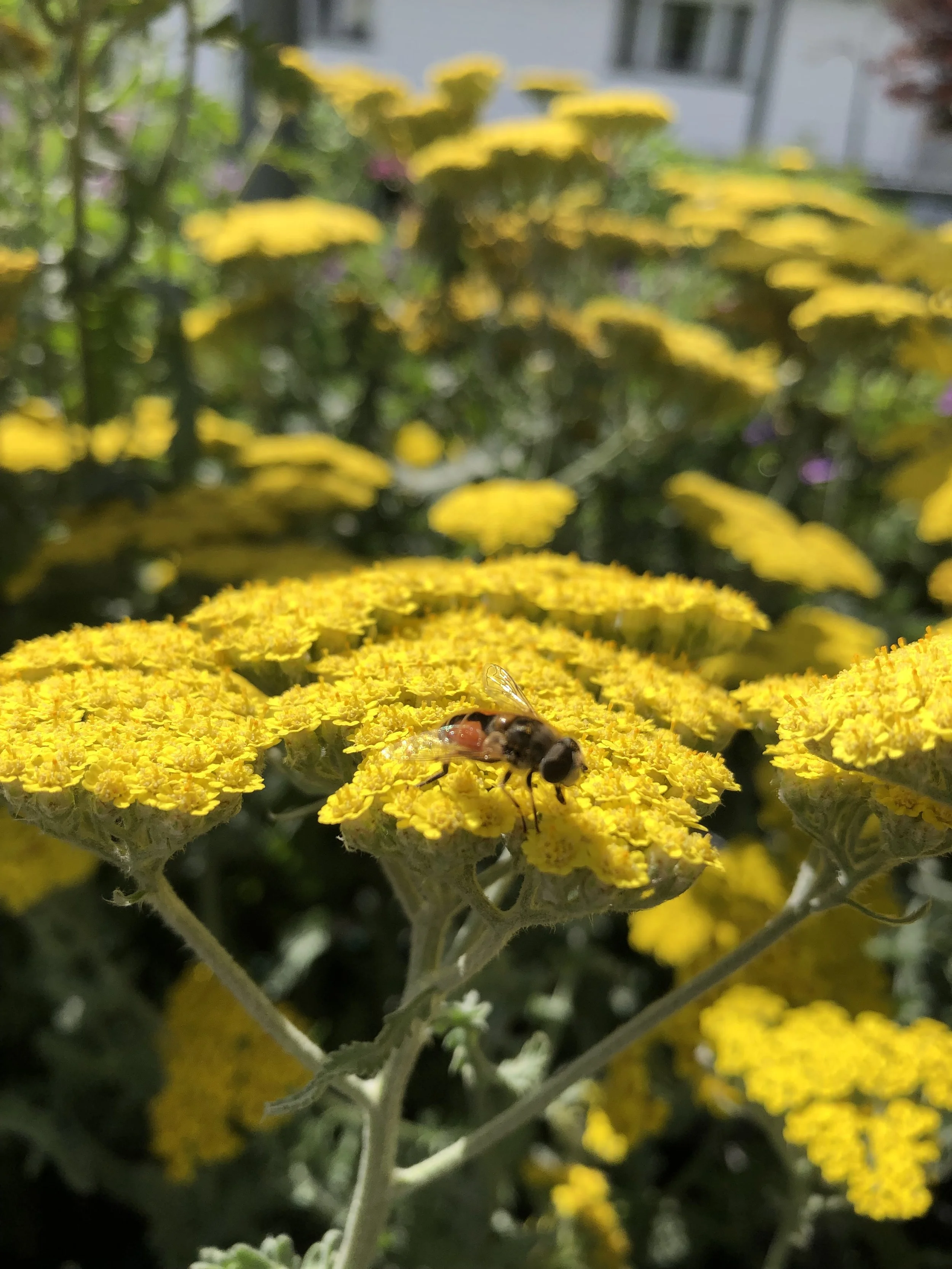
Farm Practices
As a small family farm we understand exactly how important it is to know where your food is coming from and how it is grown. Here, we are going to explain our practices.
The farms we work with use similar techniques in order to grow high quality produce with minimal use of any kind of sprays. We feed our families the produce we grow here at the farm which is why we employ various techniques to reduce weeds, eliminate pests, and increase production.

We keep bee hives on both of our properties to ensure maximum fertilization through natural means!
Integrated Pest Management
One of our main methods of pest management is IPM which was developed by Rutgers in 1999. The overall goal of the program was to help farmers protect their farms from pests and weeds while supporting environmentally safe agriculture. One of our biggest concerns is taking care of the land and the land around us so we focus a great deal on sustainability- check out our new solar panels!
The method of IPM was also developed to minimize the use of pesticides by taking preventative measures such as releasing ladybugs, praying mantis and other predatory species into the fields and using naturally occurring oils found in certain tree varieties. This method also relies on using hardier varieties of vegetables that are more resistant to pests, and using different types of barriers like plastic and placing certain crops on the outside of the field.
Weed Prevention
In terms of preventing weeds we primarily utilize plastic row covers and straw to prevent the growth of weeds in between crop rows. If you ever drive by the Brookside side of the field you will also see us frequently weeding by hand! We do all that we can to use as few pesticides and fungicides as possible. We do use an organic fungicide on tomatoes as well as using our own compost full of vegetables, coffee grounds, and egg shells to supply our soil with additional nutrients.
What’s in the Soil
We have been farming the same land for over 110 years so a fertilizer like compost is important to keeping our land viable for growing. We also add naturally occurring elements like nitrogen, potassium and phosphorus to our soil as we do not have enough land to give it a break- or letting it “fallow.” This means our soil needs TLC and between these elements and our compost pile we are working on it constantly!

